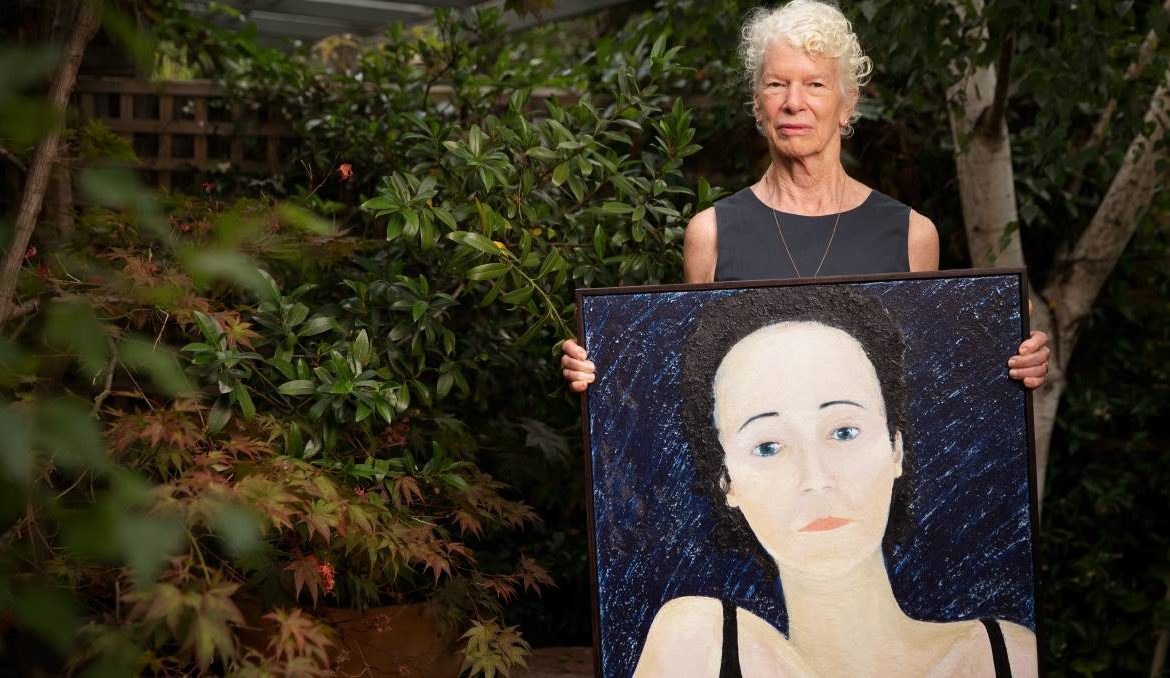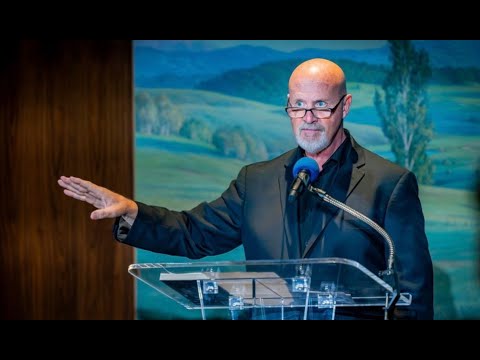news, latest-news,
The mother of a young woman who died of suicide after developing an addiction to heroin has lent her voice to a campaign to decriminalise the possession of a small amount of some illicit drugs in the ACT. Jan Lee’s daughter was just 21 when the drug habit she’d developed as a student at a Canberra high school became too much to bear. Ms Lee echoed the sentiment put forward by Labor backbencher Michael Pettersson that people caught with drugs needed support through the health system, not the courts. “If the law changes, everything changes with it,” Ms Lee said. “The stigma attached to people taking drugs is reduced and the people taking drugs are more likely to seek help earlier on.” Following similar moves from representatives around the world, Mr Pettersson will introduce the bill next year which would allow police to deal with people caught with small amounts of drugs with a fine and a referral to health services. A limit would be set of two grams of cocaine, ice and heroin and 0.5 grams for ecstacy. Limits would also be set for LSD, magic mushrooms and amphetamines. Portugal was the first country to decriminalise the possession and consumption of all illicit substances in 2001, following widespread addiction and high levels of associated crime. The country has since experienced a significant drop in problematic drug use, HIV and hepatitis infection rates, overdose deaths, drug-related crime and incarceration rates. Canberra emergency doctor and researcher Dr David Caldicott said “science” was the best reason for decriminalisation. “Also because we are wasting a vast quantity of money chasing something that’s impossible. We should be putting all the money we are wasting on chasing minor possession into health care, which they did in Portugal back in the 2000s and clearly had great results there,” he said. In November, a number of United States states voted in favour of decriminalising drugs after a push by drug reform advocates. Arizona, Montana, New Jersey and South Dakota voted to decriminalise recreational marijuana. Mississippi and South Dakota voted to legalise medical marijuana – taking the tally of US states to 15. And in Washington DC, psychedelic plants would be decriminalised. In Oregon, all illegal drugs – including heroin, cocaine and methamphetamines – would be decriminalised, while some psychedelics would be legalised for medical use. READ ALSO: Alcohol Tobacco and Other Drug Association ACT chief executive officer Devin Bowles said one in seven people in Canberra had used an illicit drug in the last year. “Australia, like every other country that has tried it, has not been able to police its way to ending drug harm,” Mr Bowles said. “We need a fresh approach that focuses on people’s health.”
/images/transform/v1/crop/frm/fin3bsvV4zEfEw92kZxvs/2f9b7e34-b48f-4f68-bdf6-f081ca25c2ac.jpg/r0_266_5000_3091_w1200_h678_fmax.jpg
The mother of a young woman who died of suicide after developing an addiction to heroin has lent her voice to a campaign to decriminalise the possession of a small amount of some illicit drugs in the ACT.
Jan Lee’s daughter was just 21 when the drug habit she’d developed as a student at a Canberra high school became too much to bear.
“If the law changes, everything changes with it,” Ms Lee said.
“The stigma attached to people taking drugs is reduced and the people taking drugs are more likely to seek help earlier on.”
Following similar moves from representatives around the world, Mr Pettersson will introduce the bill next year which would allow police to deal with people caught with small amounts of drugs with a fine and a referral to health services.
A limit would be set of two grams of cocaine, ice and heroin and 0.5 grams for ecstacy. Limits would also be set for LSD, magic mushrooms and amphetamines.
Portugal was the first country to decriminalise the possession and consumption of all illicit substances in 2001, following widespread addiction and high levels of associated crime.
The country has since experienced a significant drop in problematic drug use, HIV and hepatitis infection rates, overdose deaths, drug-related crime and incarceration rates.
The stigma attached to people taking drugs is reduced and the people taking drugs are more likely to seek help earlier on.
Jan Lee
Canberra emergency doctor and researcher Dr David Caldicott said “science” was the best reason for decriminalisation.
“Also because we are wasting a vast quantity of money chasing something that’s impossible. We should be putting all the money we are wasting on chasing minor possession into health care, which they did in Portugal back in the 2000s and clearly had great results there,” he said.
In November, a number of United States states voted in favour of decriminalising drugs after a push by drug reform advocates.
Arizona, Montana, New Jersey and South Dakota voted to decriminalise recreational marijuana.
Mississippi and South Dakota voted to legalise medical marijuana – taking the tally of US states to 15. And in Washington DC, psychedelic plants would be decriminalised.
In Oregon, all illegal drugs – including heroin, cocaine and methamphetamines – would be decriminalised, while some psychedelics would be legalised for medical use.
Alcohol Tobacco and Other Drug Association ACT chief executive officer Devin Bowles said one in seven people in Canberra had used an illicit drug in the last year.
“Australia, like every other country that has tried it, has not been able to police its way to ending drug harm,” Mr Bowles said.
“We need a fresh approach that focuses on people’s health.”
- Support is available for those who may be distressed by phoning Lifeline 13 11 14; Mensline 1300 789 978; Kids Helpline 1800 551 800; beyondblue 1300 224 636; 1800-RESPECT 1800 737 732.







